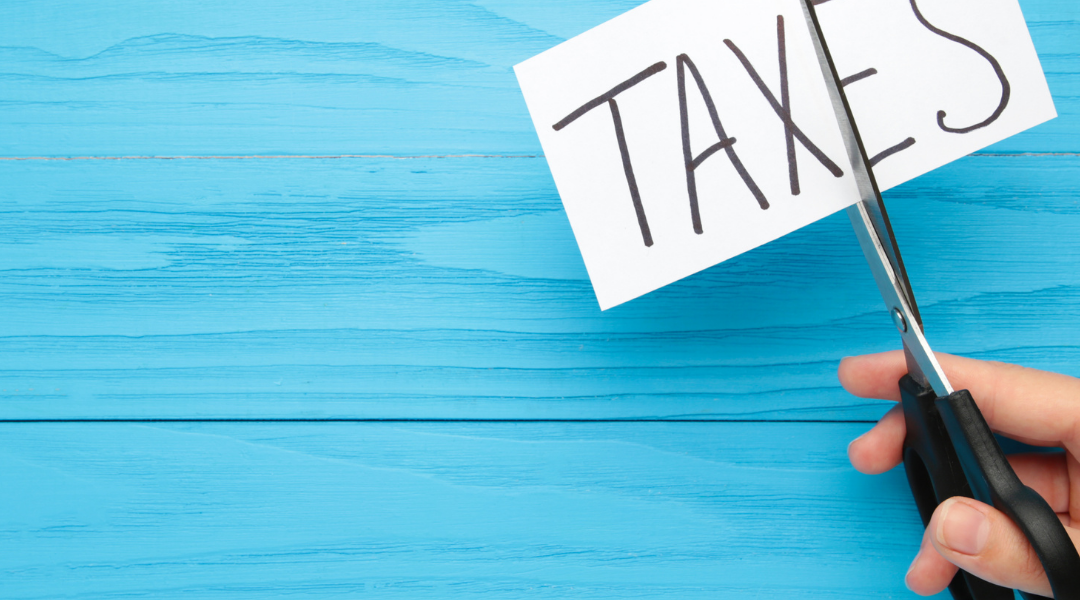The U.S. Foreign Earned Income Exclusion (FEIE) is a highly useful tax provision for U.S. expats. It can help you save big on your taxes if qualify, and now we’re going to explain how!
The maximum amount of exclusion available in the 2021 tax year stands at $108,700, which means that even as an American citizen living in Canada with only one job – or more multiple ones thanks to remote work from home opportunities – you may still find yourself eligible for some tax relief in the U.S.
What is the Foreign Earned Income Exclusion (FEIE)
The Foreign Earned Income Exclusion or FEIE for short is a tax benefit that allows you to exclude over $100K of foreign earned from U.S. taxation in 2021. The FEIE is one of the many ways that U.S. expats in Canada can avoid double taxation on their Canadian-earned income.
The IRS knows you will be taxed on your Canadian income if you live and work in Canada and allows you to exclude certain income using this special provision.
Who can claim the Foreign Earned Income Exclusion?
To qualify for the foreign earned income exclusion, you must meet one of these two requirements – the “bonafide residence” test, or “physically presence” test.
You must be either a bonafide resident of a foreign country for an entire tax year; or
Physically present in that same location for at least 330 full days during any 12-month period.
What is the physical presence test?
In order to qualify for the FEIE under the physical presence test, you must meet these requirements:
- Foreign earned income: This includes wages, salaries, professional fees and other compensation you received for personal services in a foreign country during the period that the tax home test is met and either the bona fide residence or physical presence tests were satisfied.
- A “tax home” in a foreign country: Your tax home is the place where you maintain your business, employment or post of duty. It does not matter if it’s a regular location for your family residence. This must be in a foreign country.
- Been physically present in a foreign country for a minimum period: The physical presence test is met if you are physically present in a foreign country or countries for 330 full days during any period of 12 consecutive months including some part of the year at issue. The qualifying days do not have to be consecutive.
What is the bona fide residence test?
In order to qualify for the FEIE under the bona fide residence test, you must meet three requirements:
- Foreign earned income: This includes wages, salaries, professional fees and other compensation you received for personal services in a foreign country during the period that the tax home test is met and either the bona fide residence or physical presence tests were satisfied.
- A “tax home” in a foreign country: Your tax home is the place where you maintain your business, employment or post of duty. It does not matter if it’s a regular location for your family residence. This must be in a foreign country.
- A bona fide resident of the foreign country: To meet the bona fide residence test, you need to be a resident of another country for at least one full tax year.
Canadians who should claim the foreign earned income exclusion
The FEIE is an incredible way for U.S. expats in Canada to reduce their U.S. tax bill, often down to zero! This means that you still have to file annual returns and report all of your worldwide income, so this strategy isn’t entirely free from responsibility!
U.S. expats in Canada who earn less than the annual FEIE threshold and have income taxed in Canada at lower rate – perhaps after taking into effect certain Canadian deductions, or credits and can prove they have lived in Canada for the minimum qualifying period may benefit from claiming the FEIE.
However, Canadians who pay taxes to the Canada Revenue Agency at a higher rate than in the U.S. and or fail to meet the FEIE eligibility criteria may consider other approaches to reducing their U.S. tax liability, such as claiming foreign tax credits.
Electing & Revoking the Foreign Earned Income Exclusion
It is important to understand that once you choose the FEIE, it must be used every year if there’s foreign earned income. If you decide not to use it, you must formally revoke it by attaching a statement to your return that indicates this.
You should be careful about revoking a choice and then wishing to again choose the same exclusion within five tax years. You’ll have to get IRS approval first!
Need Help from a Cross-Border Tax Accountant in Toronto or Oakville, Ontario?
Contact Cross-Border Financial Professional Corporation – When Perspectives Matter!
Karlene J. Mulraine, EA, CPA, CA, CPA (NH) is the President of Cross-Border Financial Professional Corporation. Follow us on Linkedin and Twitter, or hang out on Facebook.
The views expressed in this article are those of the author and should not be relied on to make decisions. Consider discussing your specific circumstances with an appropriate specialist.

